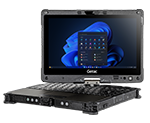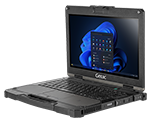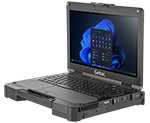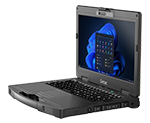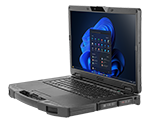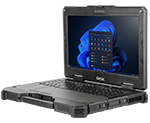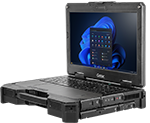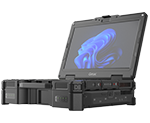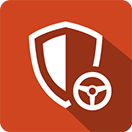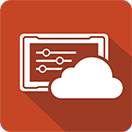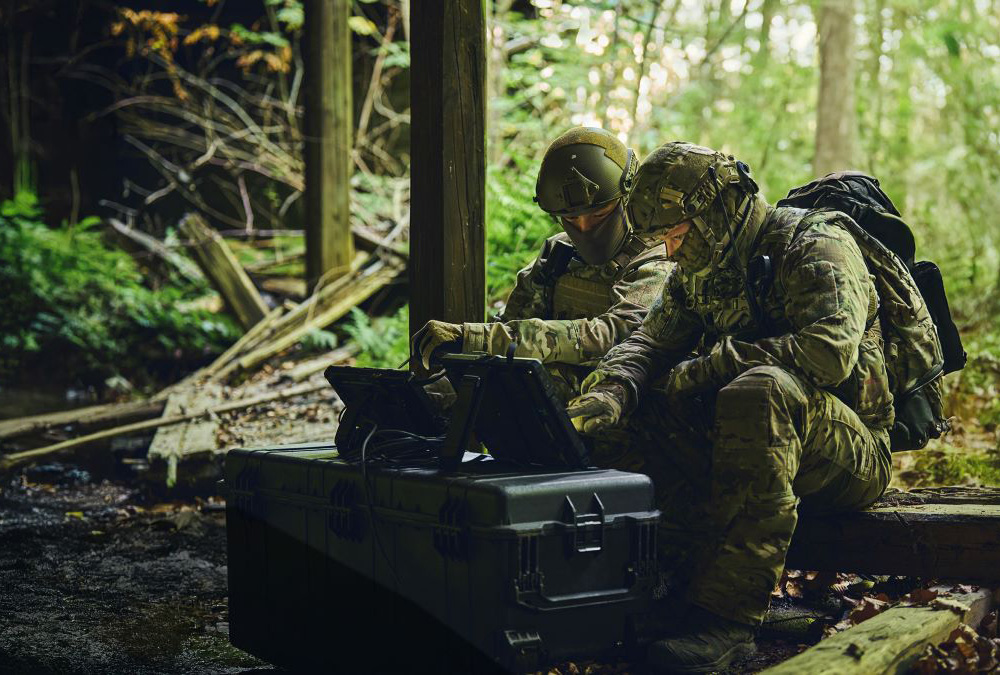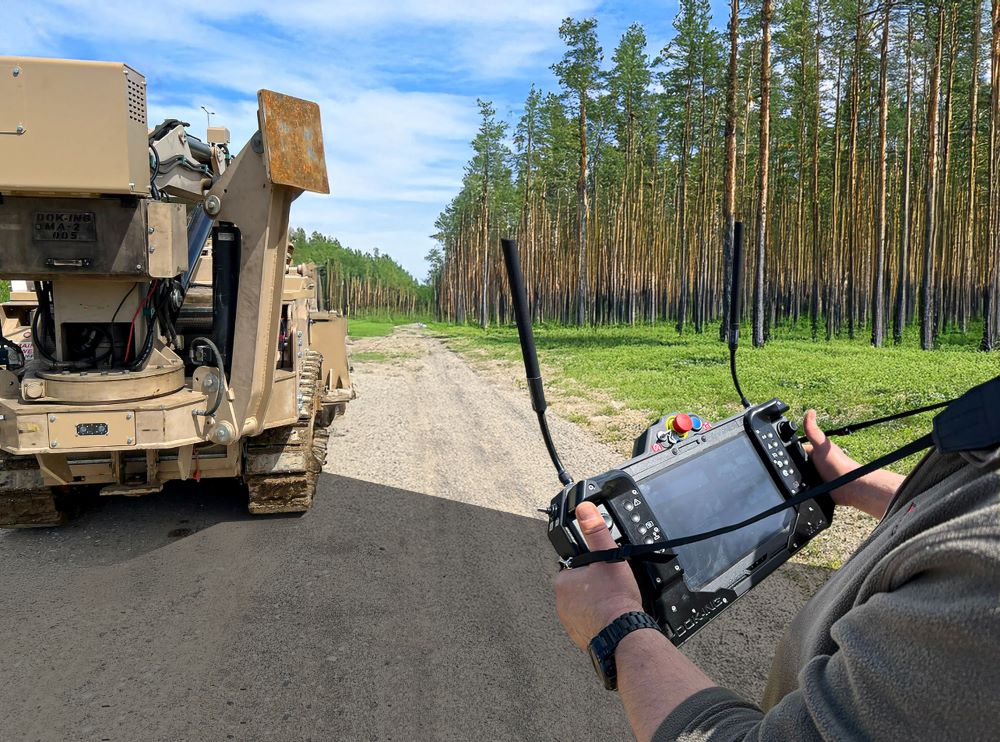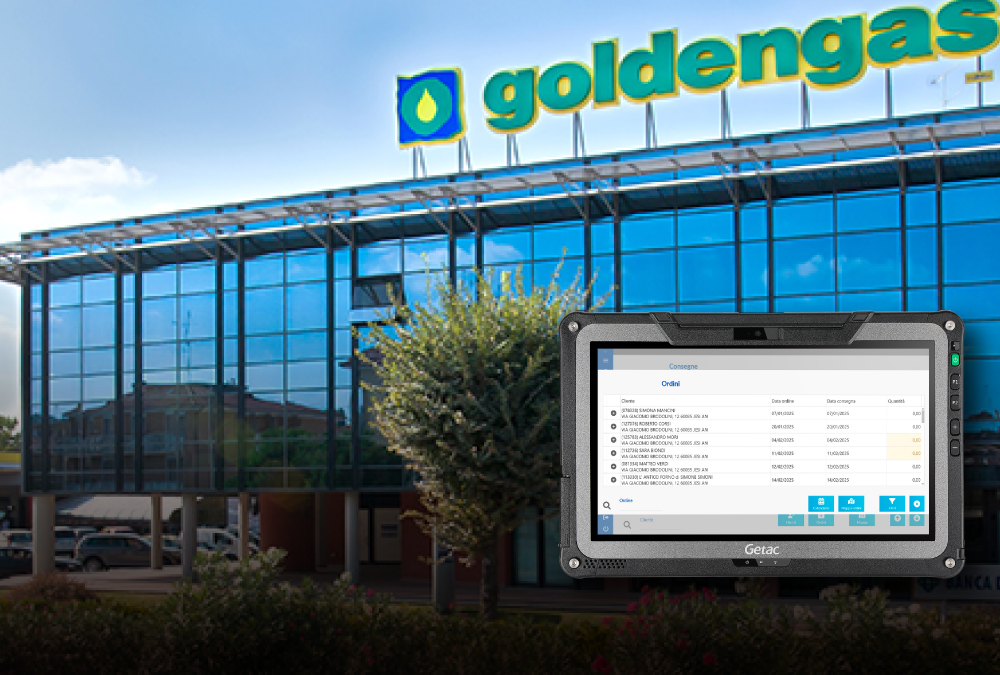
NATURAL RESOURCES
Botswana Beefs Up Livestock Identification and Traceability with Getac S410 Semi-rugged Laptops

All-day field operation
Less equipment to carry
Real-time database updates from the field
Background
The Republic of Botswana has one of the world’s fastest-growing economies, and its second-largest export is beef. The raising of cattle touches almost every Botswanan. The country has more than 2.5 million head of cattle, with over 95% of Botswana’s beef production exported, much of it to Europe, with beef byproducts, such as leather, also exported, such as to the automotive industry in neighboring South Africa.

Challenge
To ensure free-range beef compliance with international standards, Botswana needed to transform and simplify its cattle registration program.
In 1965, the Botswana Meat Commission was established to promote the beef industry. To booster consumer confidence in its meat products, Botswana has established itself as a leader in livestock identification and traceability. It takes special care to comply with standards and guidelines for cattle identifiers, laid out by third-parties such as the International Committee for Animal Recording (ICAR). But ensuring compliance is not easy. Free-range and natural farming methods are employed across the country, but Botswana needed to keep a closer eye on its cattle, which are estimated to outnumber the human population by two to one. Officials from the Department of Veterinary Services, part of Botswana’s Ministry of Agricultural Development and Food Security, approached Getac and its Gaborone-based partner Keysource Ltd., for a solution.
Solution
The easy-to-carry S410 semi-rugged laptop offered the computing power, remote connectivity, and long battery life that were needed.
An RFID scanner-compatible device was needed that could stay online remotely, operate all day in the field, and withstand prevalent weather conditions and occasional drop and impact. Enter the Getac S410, the award-winning 14-inch semi-rugged laptop. Its LumiBond® 2.0 technology supports enhanced touchscreen functionality, even in light rain, while wearing gloves or using a stylus. Weighing in at just 2.2kg (without the optional discrete GPU), the S410 travels well, with battery life long enough for a full shift, and an optional second battery available that can be added for lengthier deployments.
Connectivity options include Intel® Dual Band Wireless-AC 9260, Bluetooth, and optional 4G LTE. Although classified as semi-rugged, the S410 is MIL-STD-810H and IP53-certified, and resists drops of up to three feet—more than enough to withstand the rigors of outdoor farm work. And in the unlikely event of a device malfunction, local partner Keysource is fully-trained and certified by Getac to provide services and repairs.


Benefits
The S410 minimizes what has to be carried into the field, while simplifying the scanning and compliance assurance process.
Before utilizing Getac’s, the Ministry of Agricultural Development and Food Security used large cumbersome readers, about five to ten times the size of a standard laptop. But the S410 is much more user-friendly. It is easy to carry and holds up well in the hot, dry, dusty environment typical of an African farm.
When inspectors visit a ranch, they bring the S410 and a handheld RFID scanner provided by Keysource, connected via USB. With the S410 linked to the National Database, government workers need only scan a cow’s ear tags to ensure compliance with international guidelines, and can also update the registry if there are any changes. With the Department of Veterinary Services acting as the gatekeeper, the Botswana Meat Commission can be confident it is exporting safe, top-quality beef.
Meat products sold to the EU must comply with cattle identification and traceability regulations. Botswana is able to achieve this with Animal Information and Traceability complemented by the following components: ear tags, RFID scanners, and the Getac S410. We’ve successfully built a comprehensive database of the livestock in the country. It’s like Homeland Security for the cows.
Duncan Gaolebogwe
Sales Director, Keysource Ltd.
About the Botswana National Cattle Database
Botswana’s National Database is simple yet effective. Any farmer wishing to sell to the Botswana Meat Commission, which is responsible for exporting Botswana beef, must register their cows and acquire special ear tags from the Department of Veterinary Services. The ear tag contains a chip that tells the bovine’s life story; where it was purchased, who its current and previous owners are, and its complete vaccination record. Even the color of its hide and shape of its ears are recorded to prevent fraud.
Explore the solutions which are helping Botswana Beef

S410 Semi Rugged Laptop
The S410 notebook is a tool for many jobs, delivering more power, more mobility, more connectivity, and more capability than ever before.
